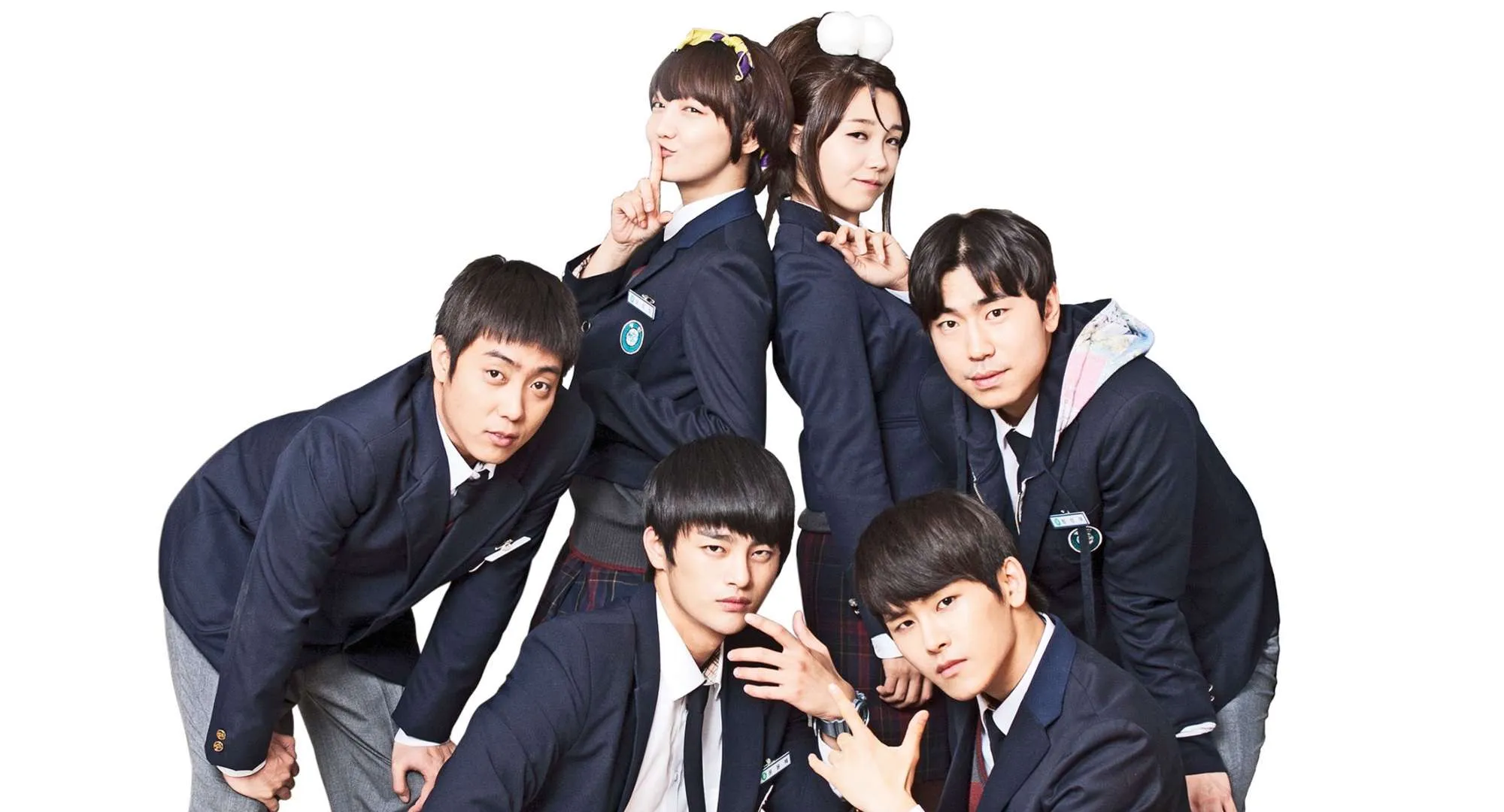The Role of Men and Women in Traditional Korean Culture
Traditional gender roles in South Korea have historically been influenced by Confucian values and patriarchal norms, which emphasize a hierarchical social order and clearly defined roles based on age and gender. Although changes in society and the economy have led to shifts in these roles over time.

Confucianism has played a significant role in shaping Korean society since its introduction in the late 14th century. Confucian ideals promote a patriarchal system where men are considered the heads of households and primary decision-makers. Women, on the other hand, are expected to focus on domestic duties, such as managing the household and raising children.
Gender Hierarchy is also deeply rooted in traditional Korean culture. The traditional Korean family structure is patrilineal, meaning that family lineage and inheritance are passed down through the male line. This has historically led to a preference for male children, who are seen as carriers of the family name and providers for their parents in old age.
Men as Breadwinners; Women as Homemakers
Men, traditionally in South Korea, are considered to be the primary money-makers. They are traditionally expected to provide financial support for the family. This role has been reinforced by social norms and economic structures that favor male employment. As breadwinners, it typically follows that men are also the primary decision-makers within the household, with their authority respected by other family members. In politics and public life, men have historically been more involved as compared to women’s involvement in public life and professional careers, women have always been limited by social expectations and structural barriers.
On the other hand, women have been confined to the private sphere. They are traditionally responsible for managing the household, including cooking, cleaning, and taking care of children and elderly family members. They are expected to support their husbands and children, often putting their own aspirations aside to ensure the success of the male members of the family.
Modern Cultural Changes and Development
While traditional roles in gender still influence South Korean society, significant changes have already occurred, especially in recent decades. There has been increased workforce participation for women. They were also able to obtain higher education, which has challenged the traditional view of women as homemakers. Women’s economic participation has also increased over the years, this led to greater financial independence and shifting dynamics within families.
Taken together, traditional gender roles in South Korea which are deeply rooted in Confucian ideals, have historically dictated a clear division of labor and social responsibilities based on gender. While modern developments have led to greater gender equality and shifting roles, challenges remain in achieving full gender parity. The ongoing evolution of these roles reflects broader societal changes and the continued push for greater gender equality.

